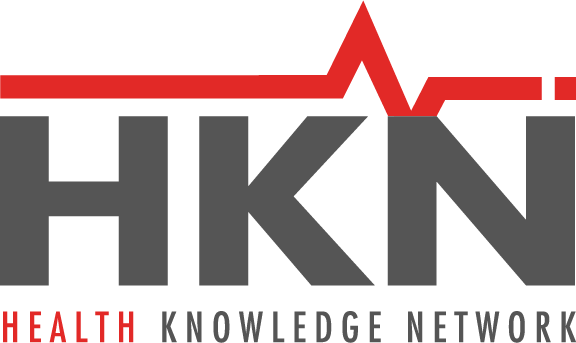Procurement
All license agreements are signed by the Partner Universities on behalf of HKN subscribers. As a partnership, HKN takes advantage of the licensing expertise at each Partner University. This multi-disciplinary approach mitigates the risk to the signing partners, and ensures the terms of the agreements are appropriate for the subscribers.
Best Practices
HKN’s key purpose is to license health information resources on behalf of non-profit organizations in the Prairies through consortial purchases. Along with securing consortia discounts, HKN manages each step of the licensing life cycle from initial content identification and pricing negotiations, to sign-off and management of the license.
HKN’s competencies lie in its expertise to identify, acquire, license and manage electronic information resources to ensure that subscribers have continuous, uninterrupted access to information resources. This expertise is based on the combined knowledge of the University of Alberta and University of Calgary health and collections librarians. Input from HKN subscribers and HKN’s international network of information practitioners, along with the research and information needs of HKN’s subscribers further informs HKN licensing practices.
Through consortia agreements with international publishers and aggregators, we:
- Identify authoritative, evidence-based health care information.
- Research and promote consortium opportunities.
- Negotiate fair and equitable pricing on behalf of subscribers.
- Negotiate agreements that protect our subscribers’ usage rights and ensure access for a maximum number of users.
- Provide support to our subscribers to ensure uptake of their licensed resources.
As a cost recovery operation, we also keep our costs very low through highly efficient administrative and operational practices and a lean governance model. This is one of the hallmarks of HKN
The intellectual property rights of a publication belong to only one publisher. No two publishers publish the same journal or the same book. Given that each publication is unique, from a procurement perspective this content can be considered sole source. For this reason, understanding of the publishing industry is required to ensure libraries and end-users obtain fair pricing and value for dollar.
HKN, and by extension the Partner Universities, knows and understands the publishing industry and the scholarly communication cycle. Understanding the roles of the various players within the publishing environment – publishers (commercial, society, for-profit, not-for-profit), vendors, subscription agents, etc. – is critical for successful negotiations. In addition to negotiating and managing licenses throughout their life cycle, HKN therefore has expertise in:
- Establishing and maintaining mutually-beneficial working relationships with publishers.
- Communicating with publishers regularly to resolve subscriber access issues and ensure quality service.
As a result of sole source licensing, direct negotiations around the price of content are critical to ensure that libraries are paying a fair price. This ensures best value and maximum reach of library budgets. Negotiations are critical, especially for electronic journal packages where there is no published list price and contract restrictions prevent libraries from freely sharing pricing information. The best strategy to control double digit price increases is through direct consortial negotiation.
Other terms in the license need to be negotiated to ensure that libraries have the best licensing conditions.
As a consortium, HKN extends the reach of libraries’ acquisition dollars, and significantly increases access to information for its subscribers.
In the event that a resource is available on multiple platforms for which HKN already has consortia discounts in place, HKN negotiates with all applicable vendors and presents subscribers and Partner Universities with available options.
Process
Resources are selected in a number of different ways:
- One of the two Partner Universities requests a quote for a specific resource. HKN then negotiates consortium pricing with vendor/publisher and presents to subscribers.
- Subscribers request a quote for a resource. If no consortia price model is in place, HKN negotiates consortia pricing and presents to subscribers.
- HKN solicits interest from Partner Universities and subscribers by way of a formal or informal survey.
- Offers are sent to HKN office from vendors and presented to subscribers.
- Shared purchases are explored through partnership opportunities with consortia in other jurisdictions.
- Where a resource is available on multiple platforms for which HKN already has consortia discounts in place, HKN will negotiate with all applicable vendors and present its subscribers and Partner Universities with the available options.
Initial negotiations are undertaken by the HKN Librarian to ensure:
- Access to content that meets subscriber needs.
- Appropriate access for a maximum number of users.
- All potential consortia opportunities are identified (to secure deepest available discounts).
- Fair pricing and value for dollar.
Once fair pricing and appropriate access has been secured, the license itself is:
- Initially reviewed by the HKN Librarian to ensure the terms of the license, including authorized usage, meet the requirements of all HKN subscribers and reflects relevant language found in model licenses adopted by the international community.
- Further vetted by the licensing librarians of the University of Alberta and the University of Calgary, and the Partners to ensure that they are in compliance with applicable legislation, and each University’s bylaws and policies.
- Signed by the University Librarians at each Partner University.
To complete the process, an HKN Access Agreement is signed between the subscribers and HKN.
